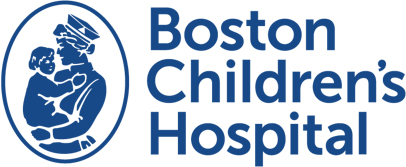The Boston Children’s Hospital Artificial Intelligence and Machine Learning Working Group gives our clinicians and investigators a forum for sharing knowledge and collaborating across the many facets of artificial intelligence and machine learning.
Core objectives:
- create a forum for Boston Children’s Hospital investigators to find like-minded collaborators
- foster an environment of knowledge exchange
- collaborate on funding options to improve infrastructure
- create a unified body for industry discussions
Focus areas:
- clinical decision making
- image processing and interpretation
- hospital administrative functions and capacity planning
- basic methods
- life sciences and drug development
- omics research and omics-informed medicine
Participating programs and sponsors include:
- Computational Health Informatics Program (Professor Ken Mandl)
- Research Computing (Associate Professor Piotr Sliz)
- Department of Radiology
- Imaging Informatics (Assistant Professor Sanjay Prabhu)
- Computational Radiology Laboratory (Professor Simon Warfield, Associate Professor Ali Gholipour, Assistant Professor Benoit Scherrer and Sila Kurugol)
- Fetal-Neonatal Neuroimaging and Developmental Science Center (Professor Ellen Grant, Assistant Professors Rudolph Pienaar and Yangming Ou)
- Urodynamics Program (Hsin-Hsiao Scott Wang)
- Innovation Program (Professor John Brownstein and Jessica Zhang)
- Clinical Informatics Fellowship (Jonathan Hron and Marvin Harper)
We host:
- quarterly workgroup meetings
- seminars
- journal clubs
Please send an email to register your interest in joining.





